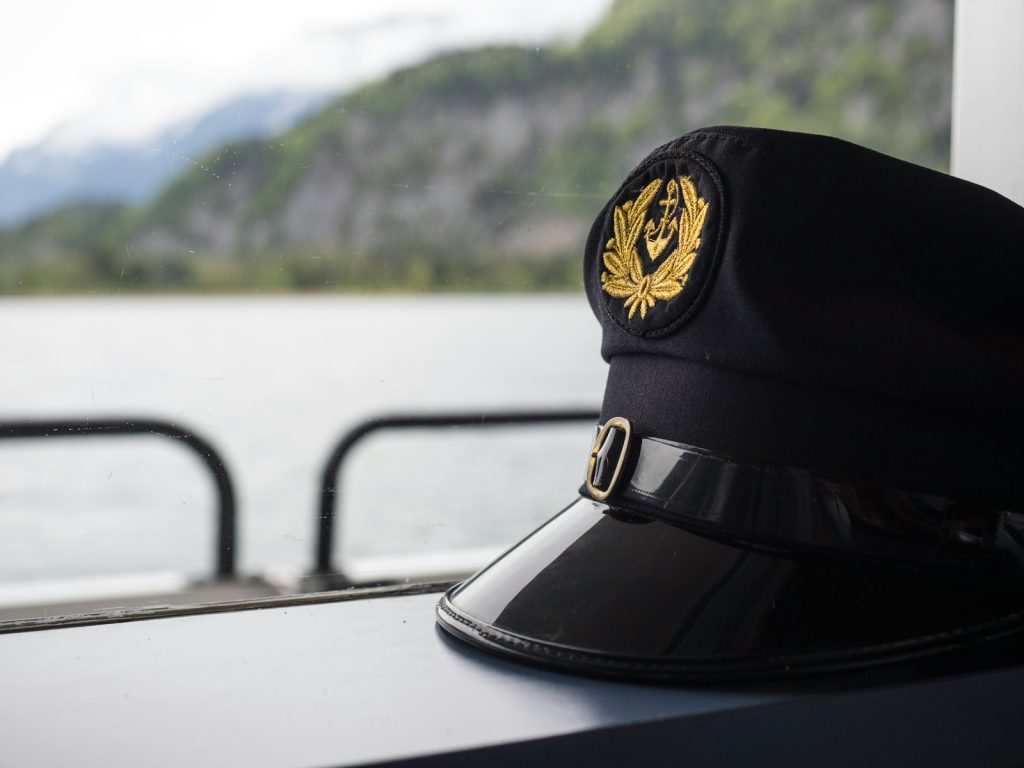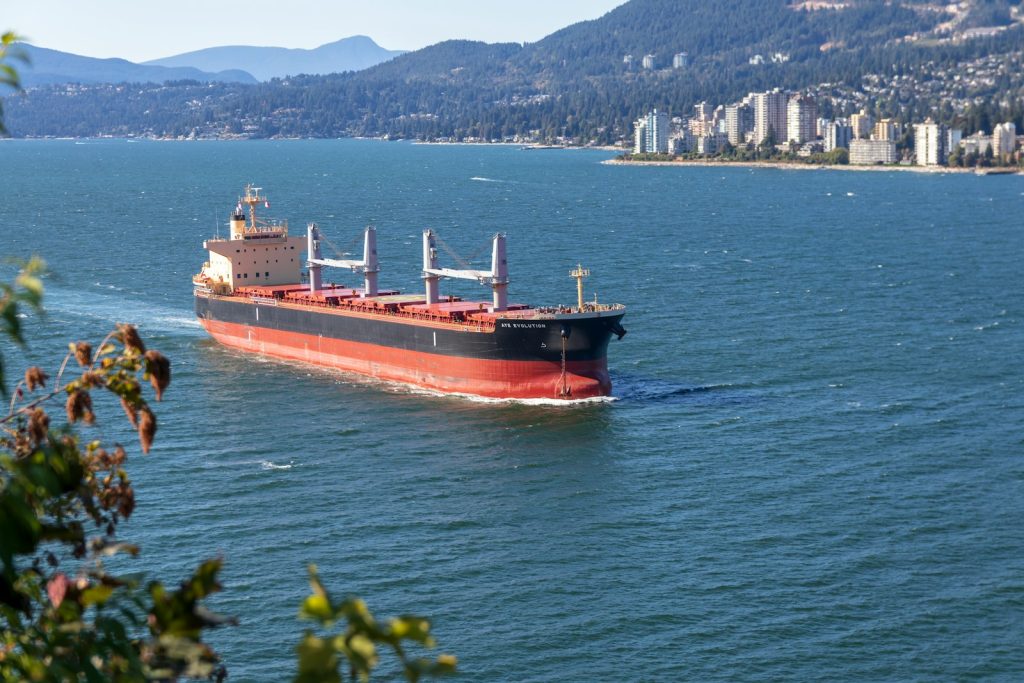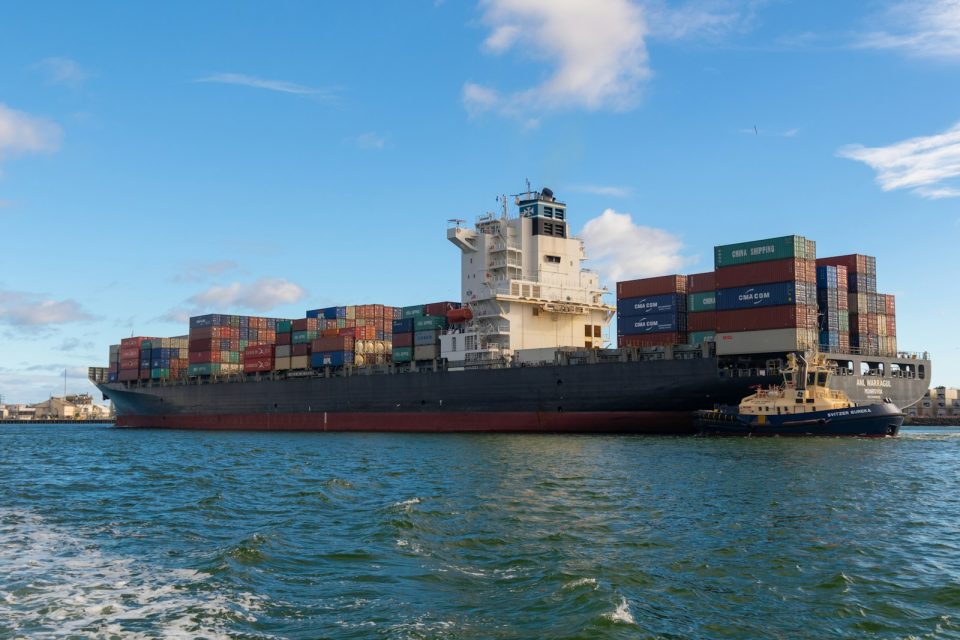WHO IS RESPONSIBLE
When speaking of ship’s cargoes, the obvious answer to the question, “Who is responsible for the cargo?” is quite often not the correct answer. It would seem that whichever party held the cargo in its custody would be the party who has responsible.
However, because of the peculiar provisions of the traditional ocean bill of lading as written under two controlling acts of Congress, the responsibility for cargo is a matter of type of damage and cause of damage. There are at least four parties that are interested in every cargo shipment transported by any type of carrier:
- The Shipper
- The Carrier (shipowner)
- The Underwriter
- The Consignee
Of these four, the shipper and the carrier have the greatest responsibility toward the safe transportation of the cargo. These responsibilities will be discussed at some length in this chapter for two reasons:
First, to point up those areas where the ship-owner’s organization can best strengthen the carrier’s position in case of litigation over damaged cargo.
Second, to explain the necessity and reasons behind some of routine duties required of the ship’s officers and crew members.

The objective of the discussion is not to outline ways and means of circumventing the requirements of the laws governing carriage of cargo by sea, rather it is to underline the ways and means of meeting those requirements easily and completely. The more experience one has with the records of damaged cargoes the clearer it becomes that if the shipper and carrier, or their agent, would diligently carry out their responsibilities as laid down by the Harter Act and the Carriage of Goods by Sea Act, the amount of cargo damage and loss would be reduced greatly.
The Harter Act of 1893.
There is no need to set forth the text of the entire Harter Act. The general provisions of the act are of interest to us. Some comments regarding their effect on the question of responsibility for cargo will be made. Prior to the passage of this act, which became effective in 1894, the shipowner was held responsible for cargo damage unless he could prove that such damage was due to one of the following causes:
- An act of God
- An act of public enemies
- Inherent vice
- Fire.
With the passage of the Harter Act, the shipowner was relieved of the responsibility for damage from six additional causes:
- Error in navigation or mismanagement of the ship
- Perils of the sea
- Insufficiency of packaging
- Seizure under legal process
- Act or omission of shipper
- Saving or attempting to save life or property at sea.
In order for the carrier to enjoy the above ten immunities, the shipowner was required to fulfil certain definite responsibilities. The responsibilities were three in number:
- He must properly stow and care for the cargo
- He must exercise due diligence to properly equip, man, and provision the ship
- He must exercise due diligence to make the vessel seaworthy in all respects.
The Harter Act applies only to vessels operating in the domestic trade. It directs the shipowner to issue a bill of lading, and it prevents him from legally not accepting the three responsibilities specified above. It does not prevent him from accepting more responsibilities. After the Harter Act became effective, the ocean bill of lading was still not standardized because under the stress of competition various shipowners would voluntarily accept greater responsibility than legally necessary. However, the carrier’s position of the act from the moment the ship leaves the pier until the cargo is delivered to the consignee at the port of discharge.

The Carriage of Goods by Sea Act of 1936
Forty-two years after the Harter Act became effective the Congress passed the Carriage of Goods by Sea Act, which was fashioned somewhat parallel to an act by the same name enacted by the British Parliament in 1924. This act was another attempt to standardize the ocean bill of lading and clarify the relationship of the ship to its cargo. From the provisions, it seems to aid the carrier’s [position for it adds seven more immunities, one more responsibility, and eases the carrier’s burden with respect to seaworthiness. The Harter Act remains in effect for all vessel in the domestic trade, whereas the Carriage of Goods by Sea Act applies to American of foreign vessel carrying goods between an America port and foreign port. The 1936 act may apply to vessel in the domestic trade if the bill of lading specifically so states. Where applicable, the 1936 act supersedes the Harter Act. The 1936 act applies from the time the cargo is hoisted aboard the ship until it is discharged at the port of destination.
The additional immunities were:
- Act of war
- Quarantine restrictions
- Strikes or lockouts
- Riots and civil commotion
- Insufficiency or inadequacy of marks
- Latent defects not discoverable by due diligence
- Any other cause arising without the actual fault and privity of the carrier.
The additional responsibility was the necessity to make all cargo spaces fit and safe for stowing the cargo.
Under the Harter Act, all the immunities of the carrier were ineffective if the shipper could prove that the vessel was unseaworthy in any respect at the outset of the voyage. In other words, the carrier was liable for damage if the ship was unseaworthy even though the unseaworthy aspect could not have contributed to the cargo damage. On the face of it, this seems to be ridiculous to a seaman, but that is the interpretation put on the act as written. Under the 1936 act, the carrier cannot be held liable for reasons of unseaworthiness unless the unseaworthy condition contributed to the cargo damage.
Summary of Immunities
Summarizing all the immunities of the carrier as they appear in section 4 of the 1936 act we find that neither the carrier nor the ship shall be responsible for loss or damage to cargo arising from any of the following:
- Error in navigation or mismanagement of the ship
- Fire, unless caused by the fault or privity of the carrier
- Perils of the sea
- Act of God
- Act of war
- Act of public enemies
- Arrest or seizure under legal process
- Quarantine restrictions
- Act or omission of the shipper
- Strikes or lockouts
- Riots or civil commotion
- Saving or attempting to save life or property at sea
- Inherent defect, quality or vice of the goods
- Insufficiency of packaging
- Insufficiency or inadequacy of marks
- Latent defect not discoverable by due diligence
- Any other cause arising without the actual and privity of the carrier.
The carrier’s responsibilities
In order for the carrier to enjoy these immunities, the shipowner must fulfil these four responsibilities:
- He must exercise due diligence to make the ship seaworthy
- He must exercise due diligence to properly man, provision, and equip the ship
- He must properly care for and stow the cargo
- He must take all cargo spaces fit and safe for stowing the cargo.
It is impossible to discuss the precise meaning and intent off all seventeen immunities as listed by the 1936 act so that ship’s officers or others within the shipowner’s cargo operation group can quickly and easily determine whether a given situation is in fact covered by one of them.
However, a clearer understanding of practical means of aiding the shipowner in fulfilling his responsibilities to the cargo can be gained by the cargo operations group through study of the act’s provisions, reviewing court interpretations of the meaning of the terms used in the act and reviewing court opinions regarding specific cases. With improved understanding, the ship’s officers will be enabled to act more intelligently in the interest off all concerned.
MARINE CARGO OPERATIONS
Copied from a book of Captain Charles L. Sauerbier, USNR
Master Mariner


